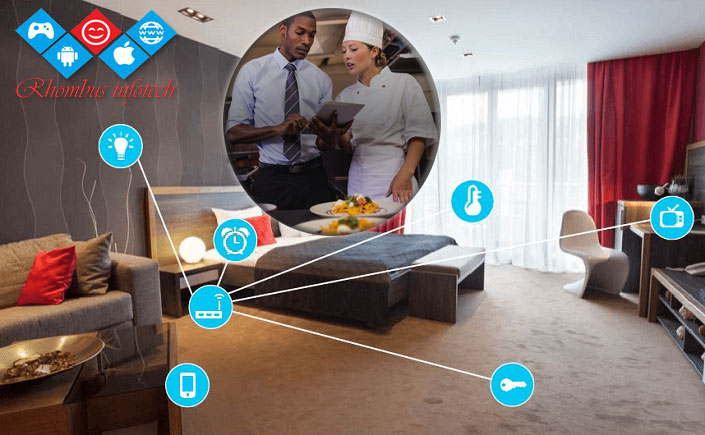Over the past decade, we have all experienced the impact of digital revolution across various industries. From healthcare to entertainment, digital revolution has changed the way businesses function. Tourism and hospitality industry has not been left behind in adopting digital trends. There was a time when the element of human touch was central to hospitality industry. This has changed over the past few years with the advent of technology. Today, there is a good mix of digital technology combined with human touch to ensure a good and memorable experience for a customer. With the rapid development of technology, the landscape of hospitality sector has changed increasingly.
With digital revolution, the consumer has become central to the hospitality ecosystem. With penetration of smartphones and usage of social media, consumers today have a wider reach and better awareness about options that are best for them. For the hospitality industry, the digital advent has meant more transparency and the ability to fulfill customer demands easily. Today, the hospitality industry is investing in platforms that allow for tailored guest experiences. Artificial intelligence (AI), facial recognition and Internet of Things (IoT) are enhancing customer service and creating new opportunities to engage with customers. These emerging technologies have the potential to transform this industry.
The influence of IoT is highly visible in the way it has revolutionized homes. And now it is being incorporated into the hospitality sector, where the benefits are immense. In a way, this has eased the process of guest experiences and hotel efficiency. Hotels that have implemented IoT centric systems, tend to serve customers better and increase the efficacy of their operations. In addition to that, IoT has offered integration of devices and made the use of customer data more useful.
Mobile apps are becoming increasingly important to engage the new age traveller. The use of mobiles has drastically reshaped interactivity in favor of consumers. The use of mobiles will increasingly occupy more importance in the consumer’s daily life. Hotels can leverage this to directly connect with guests to improve their customer experience. Mobile integration is useful to engage consumers, serve them better and ensure they remain loyal to your brand with a focus on driving direct bookings, and repeat business. In a way it builds brand and customer loyalty.
Chatbots are one of the most advantageous digital trends in the hospitality industry. The need for speed of information is greater than ever now. The adoption of programmed interactions and virtual assistants is growing and evolving steadily in the hotels industry. From customer service enquiries to hotel bookings, chatbots can facilitate a wide range of services. Chatbots help facilitate the reception staff and the customer service system.
Social media platforms are the new way of creating brand awareness and maintain reputation. A post by a popular influencer on Instagram helps in positively influencing your brands equity and perception. Making use of user generated content and managing reviews is an essential part of a brand’s social media outreach strategy. The key to winning customers through social media is to be proactive and plan a long-term approach to retaining consumers.
The development of digitalization has finally reached a level where it can truly support the cost-effectiveness and sustainability of industrial food production, paving the way to the future of tourism and hospitality businesses.

